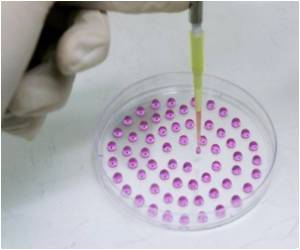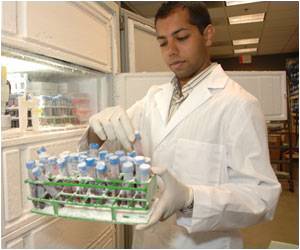New research looking at the success of clinical trials of stem cell therapy shows that where there are more discrepancies in the trial data, trials appear to be more successful in studies.

Discrepancies were defined as two (or more) reported facts that could not both be accurate because they were logically or mathematically incompatible. For example, one trial reported that it involved 70 patients, who were divided into two groups of 35 and 80.
The researchers found eight trials that each contained over 20 discrepancies.
The researchers found that the discrepancy count in a trial was the most important determinant of the improvement in cardiac function reported by that trial. Trials with fewer and fewer discrepancies showed progressively smaller improvements in cardiac function. The five trials with no discrepancies at all showed an effect size of zero (see bar chart in Notes to Editors).
Previous meta-analyses looking at the results of lots of clinical trials have suggested that on average, bone marrow stem cell therapy has a significant positive effect on improving heart function. However, some trials have shown that it successfully improves heart function whilst others have not. The reasons for this are unclear.
Professor Darrel Francis, one of the study authors from the National Heart and Lung Institute at Imperial College London, said: "Clinical trials involve a huge amount of data and so it is understandable that discrepancies sometimes arise when researchers are presenting their findings. However, our study suggests that these discrepancies can have a significant impact on the overall results. It is a powerful reminder to all of us conducting clinical trials to be careful and vigilant to avoid discrepancies appearing in the work.
Advertisement
Bone marrow stem cell therapy involves taking stem cells from the bone marrow in the hip and infusing these into the heart, with the aim that these cells will turn into new heart muscle cells and help the heart repair. It is currently at an experimental stage and is not in use as a standard treatment.
Advertisement
Source-Eurekalert












